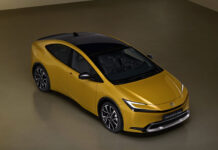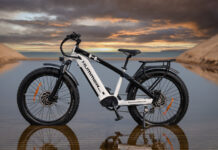Hyundai Motor Co. and its subsidiary Kia Motors Corp plan to launch solar charging technology for some Hyundai vehicles to achieve global emission control goals. According to South Korean automakers, solar panels will be installed on the vehicle roof or its hood.
Companies run three solar charging systems for several types of vehicles, including hybrid and electric batteries. The first type of solar cells is designed for hybrid cars and will appear next year. The battery is able to accumulate up to 60% of energy depending on the weather, which will save fuel and reduce the number of emissions to the environment. The following type is designed for standard cars with an internal combustion engine. The battery will look like a translucent roof, which will provide an excellent view and benefits to nature. In the third case, the batteries are designed exclusively for electric vehicles. To increase performance and fill the battery, solar panels will be placed both on the roof and on the hood.
Silicon solar panels are expected to be used, which generate up to 100 watts of electricity. To improve their efficiency, energy will be sent through the controller before settling in the battery.
In recent years, several countries have set ambitious goals for reducing carbon dioxide and nitrogen oxides emissions. As a result, automakers are under scrutiny. Hyundai intends to launch the first generation of this technology in its cars after 2019.







